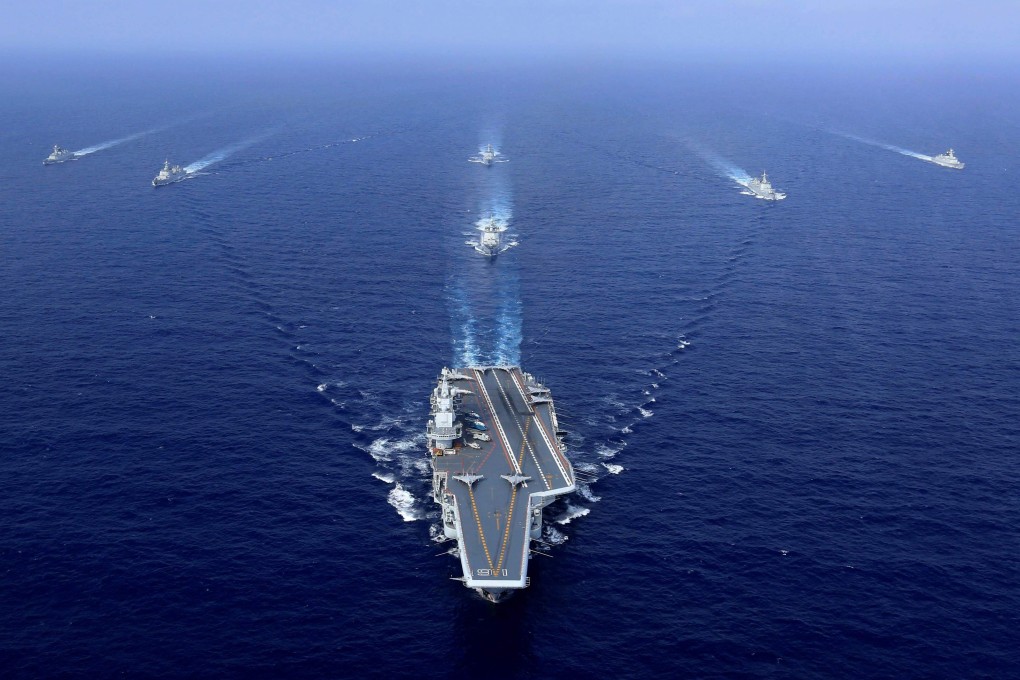Advertisement
US, China must learn to cooperate or war could ruin us all: Singapore PM Lee Hsien Loong
- ‘Everything is to be lost’ in the event of a military conflict between the world’s two largest economies, and casualties would be a certainty, warns Lee Hsien Loong
- Even if Washington and Beijing cannot learn to trust each other fully, they must learn to cooperate on areas such as climate change and health, he says
Reading Time:3 minutes
Why you can trust SCMP
99+

The United States and China must find ways to cooperate even if there is no full trust between them because if relations continue to plummet, the possibility of military conflict would have dire consequences for the rest of the world, Singapore Prime Minister Lee Hsien Loong has said.
Speaking during an interview at the inaugural Global Forum on Economic Recovery, hosted by the US Chamber of Commerce on Wednesday, Lee said if the two countries clashed, “everything is to be lost”.
“You are going to have a state of tension – anxiety at the very least and conflict possibly – all over the world,” Lee said, adding: “This is going to be bad, not just for other countries big and small, but for both America and China too.”
Advertisement
Lee noted that the world’s two largest economies had enormous economic and technological power and strong armies, and it would be impossible to avoid casualties and damage on a massive scale in the event of war.
Therefore, the two sides not only had to work together and accept each other as they are, Lee said, they also had to find ways to cooperate in areas such as climate change, non-proliferation, public health, and future pandemics.
Advertisement
Advertisement
Select Voice
Select Speed
1.00x